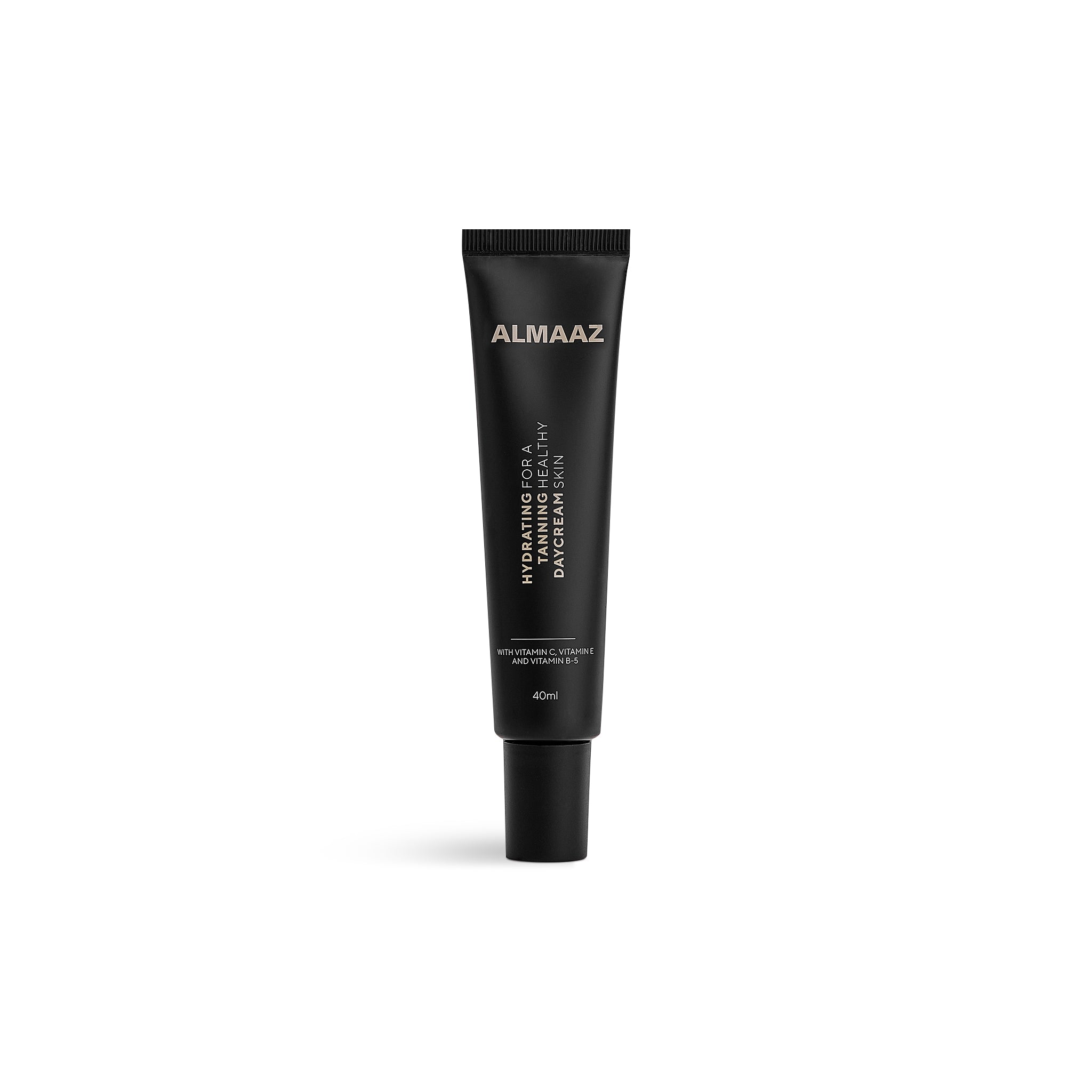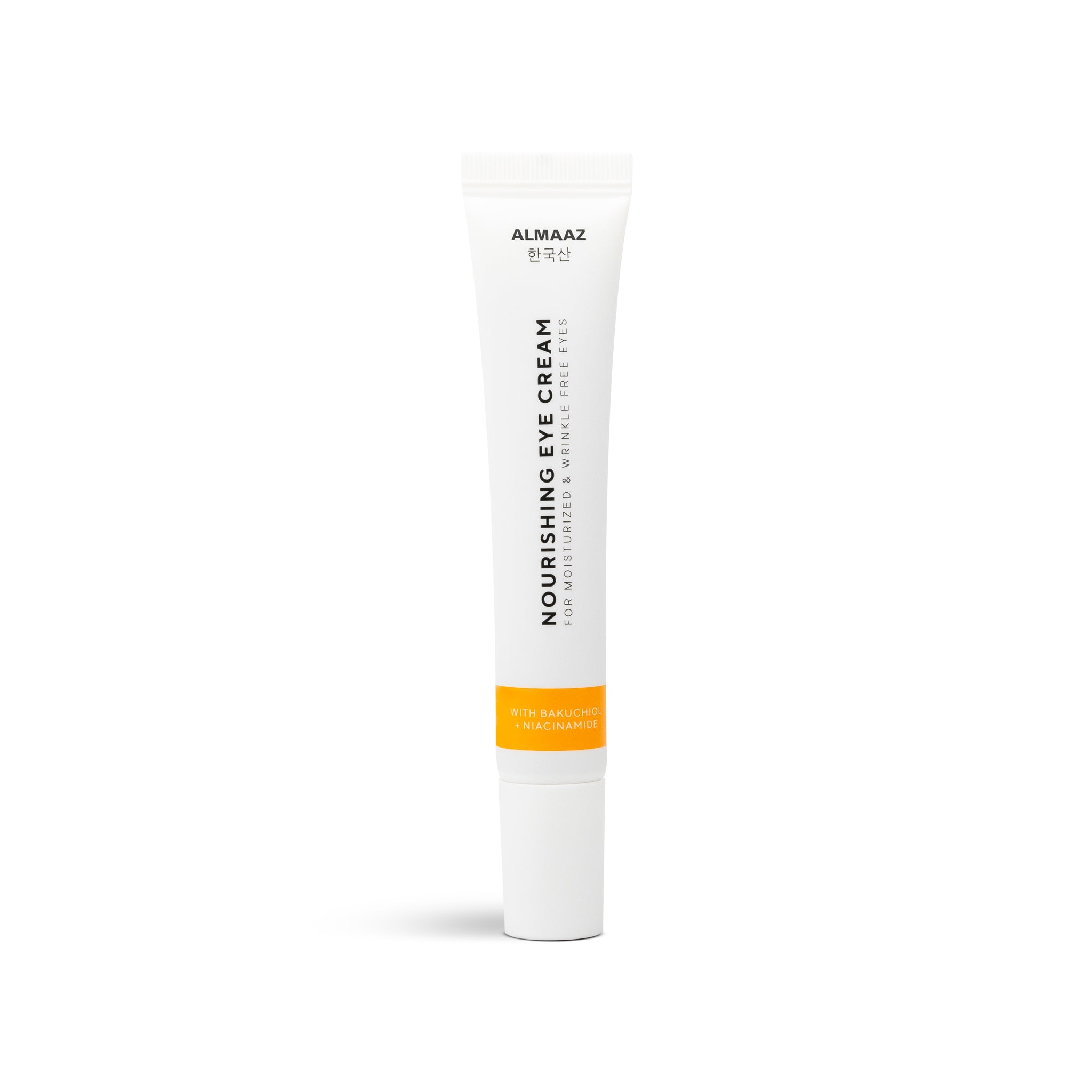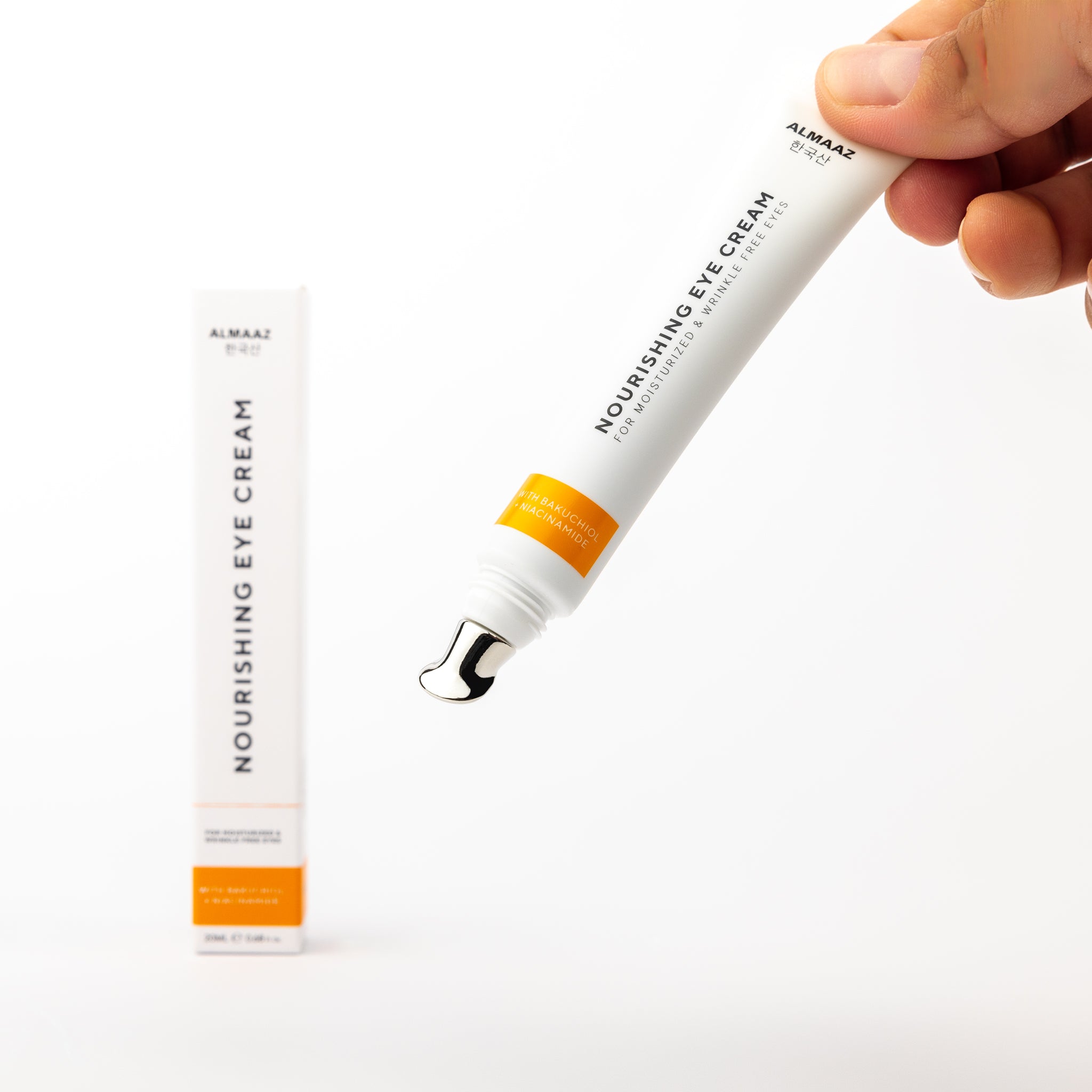Our skin is the largest organ of our body and deserves the best care. It is essential to take care of our skin regularly, especially when it comes to different skin types. In this article we will discuss the best recommendations and tips for natural skin care, specifically aimed at different skin types.
Introduction
A good skin care routine is crucial to maintain healthy and glowing skin. While many commercial products are available, more and more people prefer natural skin care. Natural products contain fewer chemical ingredients and can be effective for different skin types.
Skin types
Before we dive into natural skin care recommendations, it's important to understand the different skin types. This will help you choose the right products and treatments for individual needs.
Normal skin
Normal skin generally has a good balance. It feels smooth and shows few imperfections. People with normal skin are lucky, because they need less specific care. Yet it is important to keep the skin healthy and protect it.
Dry skin
Dry skin feels tight and can be flaky. This type of skin tends to be sensitive to cold temperatures and can dry out quickly. It is essential to moisturize dry skin regularly to prevent discomfort and dehydration.
Fat skin
Oily skin produces more sebum, which can make it feel shiny and greasy. People with oily skin often have larger pores and are more prone to pimples and acne. It is important to carefully cleanse and moisturize oily skin without stripping its natural oils.
Combined skin
Combination skin has both dry and oily areas. Often the T-zone area (forehead, nose and chin) is oilier, while the cheeks are drier. It is important to find the right balance between moisturizing dry areas and regulating sebum production in oily areas.
Natural skin care
Natural skin care involves using products made from natural and herbal ingredients. These products do not contain harmful chemicals and are often gentle on the skin. Here are some important aspects of natural skin care:
Cleaning
Good cleaning is the basis of healthy skin. It removes dirt, excess oil and impurities. When cleansing the skin it is important to follow the following steps:
Use mild cleansers
Choose mild cleansers that do not dry out the skin. Avoid harsh ingredients such as sulfates and alcohol, as they can irritate the skin. Natural cleaners based on plant extracts are a good choice.
Avoid aggressive ingredients
When choosing skin care products, it is important to avoid harsh ingredients such as artificial fragrances, parabens and phthalates. These can cause irritation and be harmful to the skin in the long term.
Hydration
Hydration is essential, regardless of skin type. It helps keep the skin healthy and supple. Here are some tips for moisturizing the skin:
Opt for moisturizers
Use moisturizers specifically formulated for your skin type. Look for creams that contain natural ingredients such as aloe vera, shea butter and coconut oil. These ingredients deeply hydrate the skin and improve its texture.
Use natural oils
Natural oils, such as argan oil, jojoba oil and rosehip oil, are excellent hydrators for the skin. Apply a few drops of the oil to clean skin before bed or add them to your daily moisturizer for extra hydration.
Protection
Protection against harmful external influences is a crucial part of skin care. Here are some tips for protecting your skin:
Use sunscreen
Sunscreen is essential, even on cloudy days. Choose a natural sunscreen with a broad-spectrum SPF to protect your skin from harmful UV rays. Apply it liberally to exposed areas of your skin.
Limit sun exposure
Avoid excessive sun exposure, especially during peak hours when the sun is strongest. Wear protective clothing, such as a hat and sunglasses, and seek shade if possible.
Specific recommendations
Here are some specific recommendations for natural skin care, depending on your skin type:
For normal skin
Normal skin usually does not need much specific care. Cleanse daily with a mild cleanser and moisturize with a light, non-greasy moisturizer. Protect your skin from the sun with a natural sunscreen.
For dry skin
For dry skin, hydration is vital. Use a gentle, hydrating cleanser and opt for rich moisturizers that contain lanolin, glycerin and hyaluronic acid. Apply a hydrating mask regularly to add extra moisture.
For oily skin
Oily skin benefits from thorough cleansing and regulation of sebum production. Use a cleanser that removes excess oil without drying the skin. Opt for light, oil-free moisturizers and use clay masks regularly to absorb excess oil.
For combination skin
Combination skin requires a balanced approach. Use a mild cleanser and moisturize with light, non-greasy creams. Apply moisturizers to dry areas and avoid using too much oil on oily areas.
Tips for healthy skin
In addition to the right skin care, there are some general tips that can contribute to healthy skin:
Eat a healthy diet
Nourish your skin from within by eating a healthy diet rich in antioxidant-rich foods, such as vegetables, fruits, nuts and seeds. Avoid excessive consumption of sugar and processed foods as they can damage the skin.
Drink enough water
Hydration is not only important for the outside, but also for the inside of your body. Drink plenty of water to keep your skin hydrated and flush toxins from your body.
Avoid stress
Stress can have a negative impact on your skin. Find ways to reduce stress, such as regular exercise, meditation, and adequate rest and sleep.
Conclusion
Taking care of our skin is essential for a healthy and radiant appearance. Natural skin care offers a safe and effective way to care for our skin. By understanding our specific skin types and following the right recommendations and tips, we can achieve optimal skin health.
Frequently Asked Questions
1. What ingredients should I avoid when choosing natural skin care products?
It is important to avoid harsh ingredients such as sulfates, artificial fragrances, parabens and phthalates. These can irritate the skin and be harmful in the long term.
2. Should I still use sunscreen if I have dark skin?
Yes, regardless of your skin color, it is important to use sunscreen. Although darker skin contains more melanin and is more resistant to the sun, it can still be damaged by UV rays.
3. Can I use natural oils if I have oily skin?
Yes, natural oils can also be beneficial for oily skin. Choose light oils such as jojoba oil or grapeseed oil and apply them sparingly to hydrate the skin without leaving a greasy feeling.
4. How often should I cleanse my skin?
It is advisable to cleanse your skin in the morning and evening. This helps remove dirt, excess oil and impurities and keeps your skin fresh and clean.
5. What can I do to protect my skin from premature aging?
In addition to using sunscreen, it is important to eat antioxidant-rich foods, drink enough water, avoid stress and maintain a healthy lifestyle. These factors can contribute to maintaining youthful skin.












